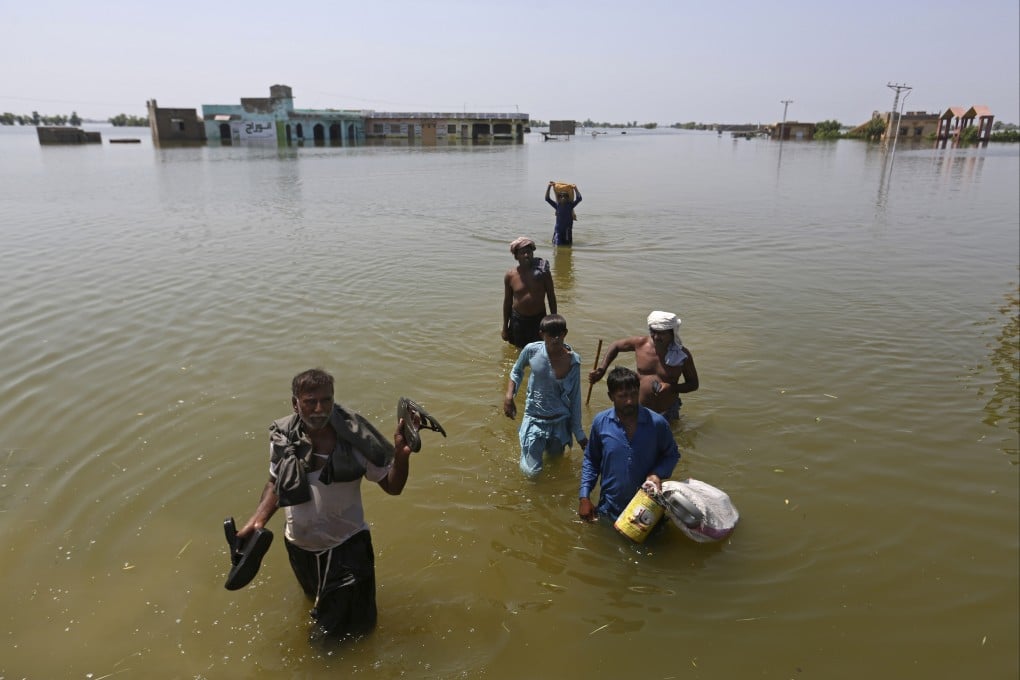Floods, heatwaves, landslides, food security: Southeast Asians air climate concerns in new report
- Southeast Asia Climate Outlook 2022 survey questioned over 1300 people across Asean’s 10 countries, with many nations seen as slow, ineffective
- Climate change will ‘haunt region and world for many decades, even in best case scenario’, said ISEAS-Yusof Ishak Institute, survey organiser

Floods, heatwaves and rainfall-induced landslides are the top concerns in Southeast Asia on climate change with almost half of its citizens – 49.3 per cent – saying there is a lack of political will to mitigate the threats, according to a new report released on Thursday.
The Southeast Asia Climate Outlook: 2022 Survey Report, the third such survey by the Singapore-based ISEAS-Yusof Ishak Institute, comes against the backdrop of Pakistan’s devastating floods which left one-third of the country underwater and China’s hottest heatwave ever, throwing a massive spotlight on the existential threat of climate change.
Many Southeast Asians questioned (31.2 per cent) across Asean’s 10 countries also believe climate change is a threat to food security.
Additionally, over 60 per cent of respondents believe regional countries should stop building new coal power plants immediately, while 72.5 per cent wanted to cut coal reliance immediately.
However, support for eliminating new coal power plants is much weaker in Myanmar (25.6 per cent), Brunei (54.2 per cent), and Indonesia (58.8 per cent).